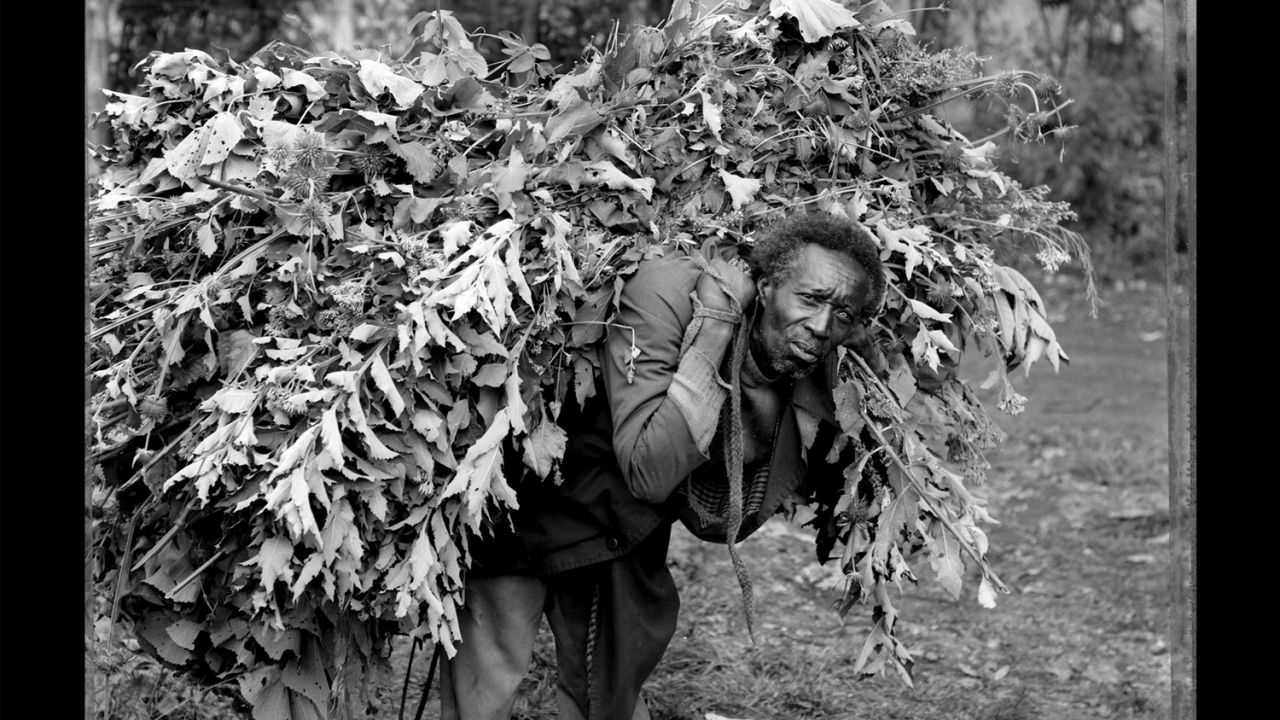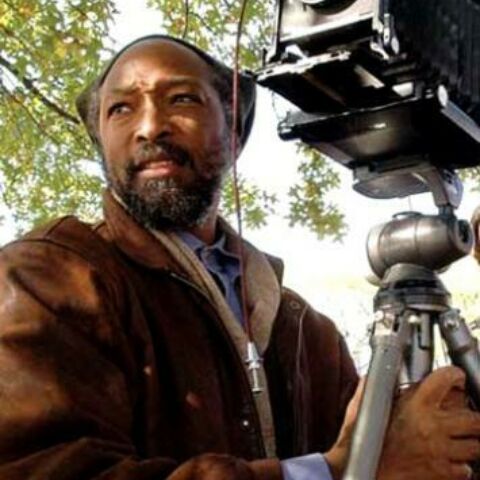
A Conversation with the World establishes a photographic record and a recorded audio dialogue centering around common issues of the human condition.
It seeks to delve beneath the patina of cultural differences to explore essential and fundamental motivations of human beings, illustrating the bond of our inherent humanity. The portfolio, to date, represents work done in Africa, Asia, the Pacific Rim, Europe, Central and South America.
Serving as a critical balance to the photographic portfolio of portraits are the recorded interviews that accompany them. A Conversation with the World is a simple question and answer interchange between the photographer and interviewees chosen at random. Since 1986, interviewees have included tribal elders, scholars, and community members. Through casual conversations that stem from a template of eight questions, participants voice their responses from their own distinctive cultural standpoint. The result is the stunning response of humankind. From culture to culture, the responses are consistently uniform, voicing the need for basic human necessity.
Demonstrated in the evidence from this research, we find that people desire a starting point; something that serves as shelter, a home in which to feel safe. The interviewees make ancestral references. A vast portion of our character references immediate familial input. We seek stability in relation to our families and our identities. As social beings, we function in the context of traditions. Our future is informed by our past. The interviewees also respond uniformly to questions about traditional influences, cultural enrichment, and creativity. One very revealing aspect of the project is the respondents' need to voice personal convictions connected to strongly held values within their spiritual traditions.
A survey of this sort is meant to help clarify preconceptions many people hold about one another and lead to the acceptance of our shared human experience. It aims to lay foundations for establishing a climate in which people are more likely to seek one another for support, rather than abandon each other in ignorance. Through deeper understanding, fear is dispelled, and connection prevails.
Bio
Lonnie Graham is a Pew Fellow and Distinguished Professor at Pennsylvania State University. Graham served as Chairman of the Board of the former San Francisco Art Institute, was Associate Director of The Fabric Workshop and Museum, and Director of Photography at Manchester Craftsmen's Guild in Pittsburgh, Pennsylvania. At Manchester Craftsmen's Guild, he developed innovative pilot projects cited as a National Model for Arts Education.
He created the African/American Garden Project, a cultural exchange between urban mothers and Kenyan farmers. Graham was cited as Artist of the Year and presented the Governor's Award by Governor Rendell. Graham served on the National Endowment for the Arts in Washington, DC. He is the recipient of a National Endowment for the Arts/Pew Charitable Trust Travel Grant for travel to Ghana and is a four-time Pennsylvania Council for the Arts Fellowship recipient. His book A Conversation with the World has been published by Datz Press in Seoul, Korea.
Graham delivered a TEDx talk on economic disparities of artists in modern culture. His exhibitions include the Goethe Institute, Accra, Ghana; Christchurch, New Zealand; La Maison des États-Unis, Paris, France; and the Smithsonian Institution in Washington, DC, where his collaboration with Carrie Mae Weems entitled Lincoln, Lonnie and Me has been acquired by the National Portrait Gallery.
